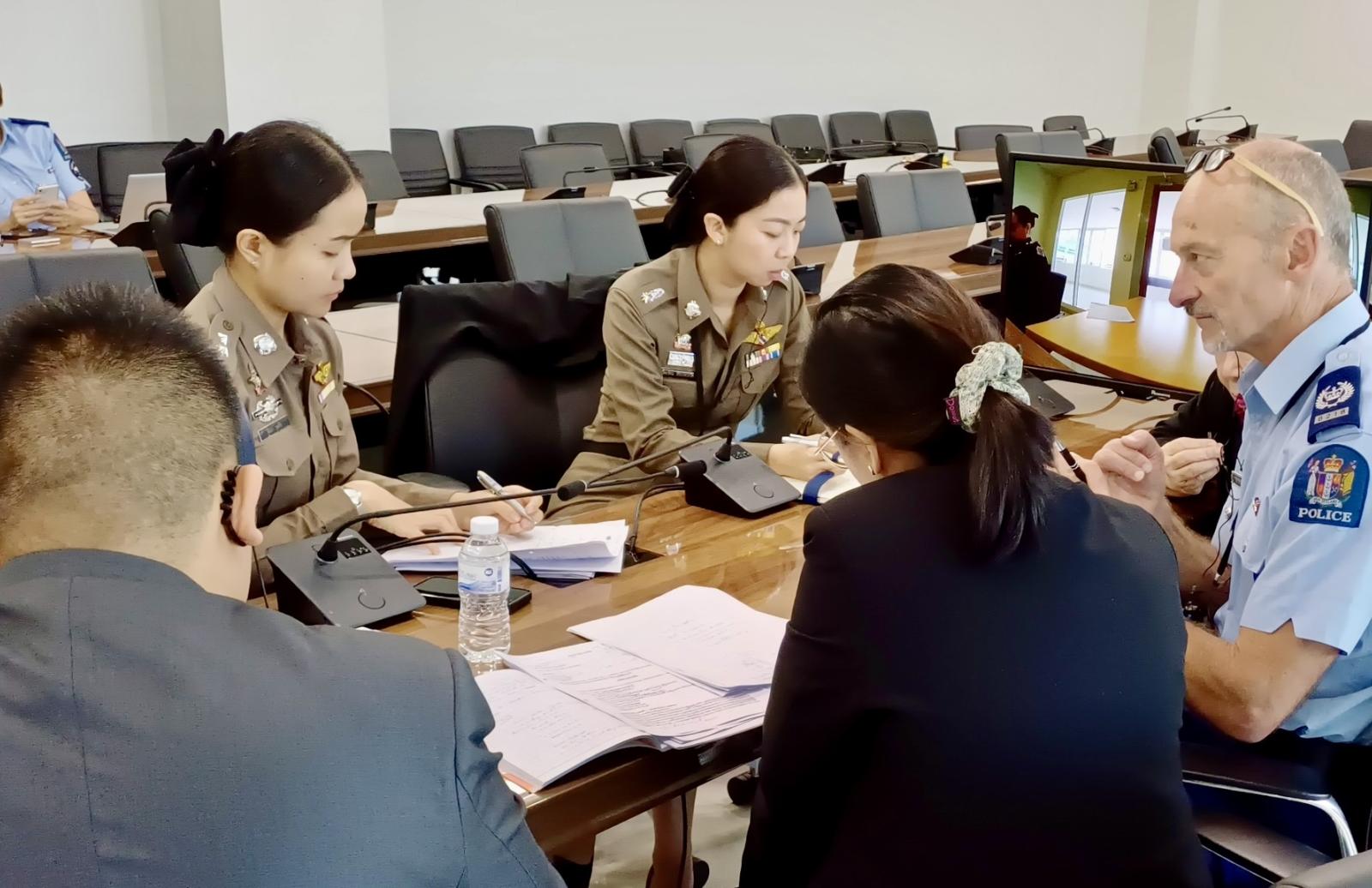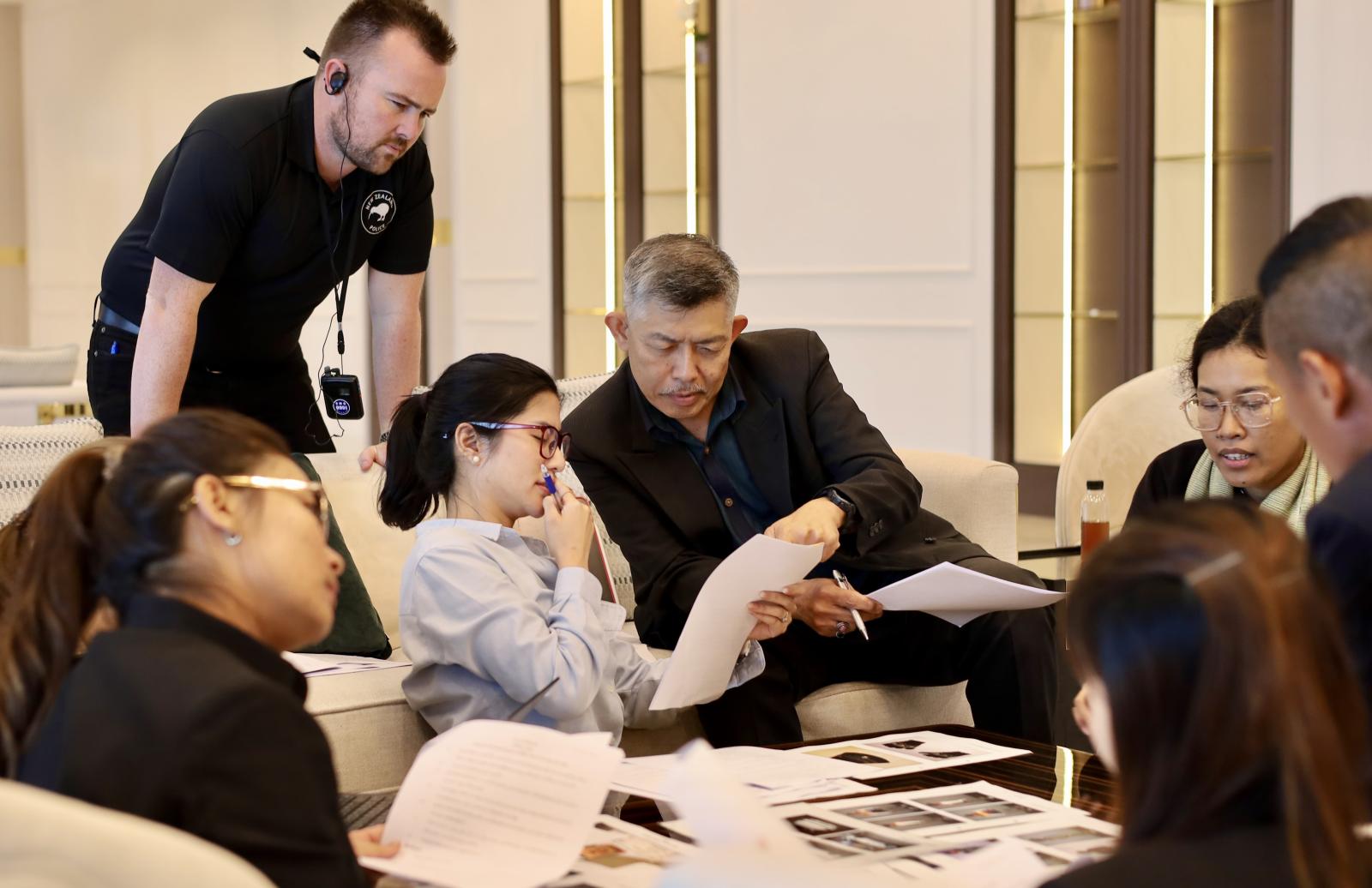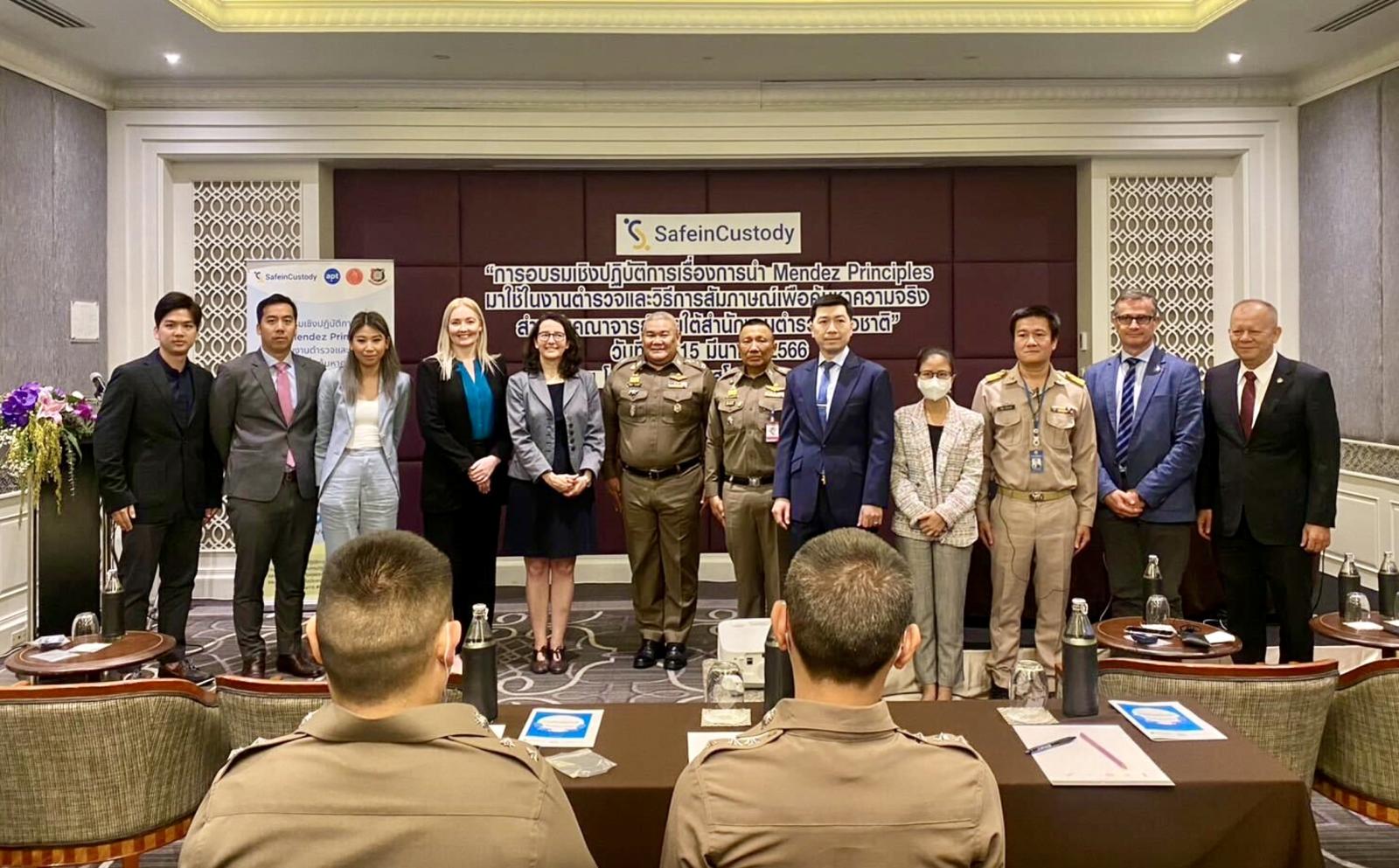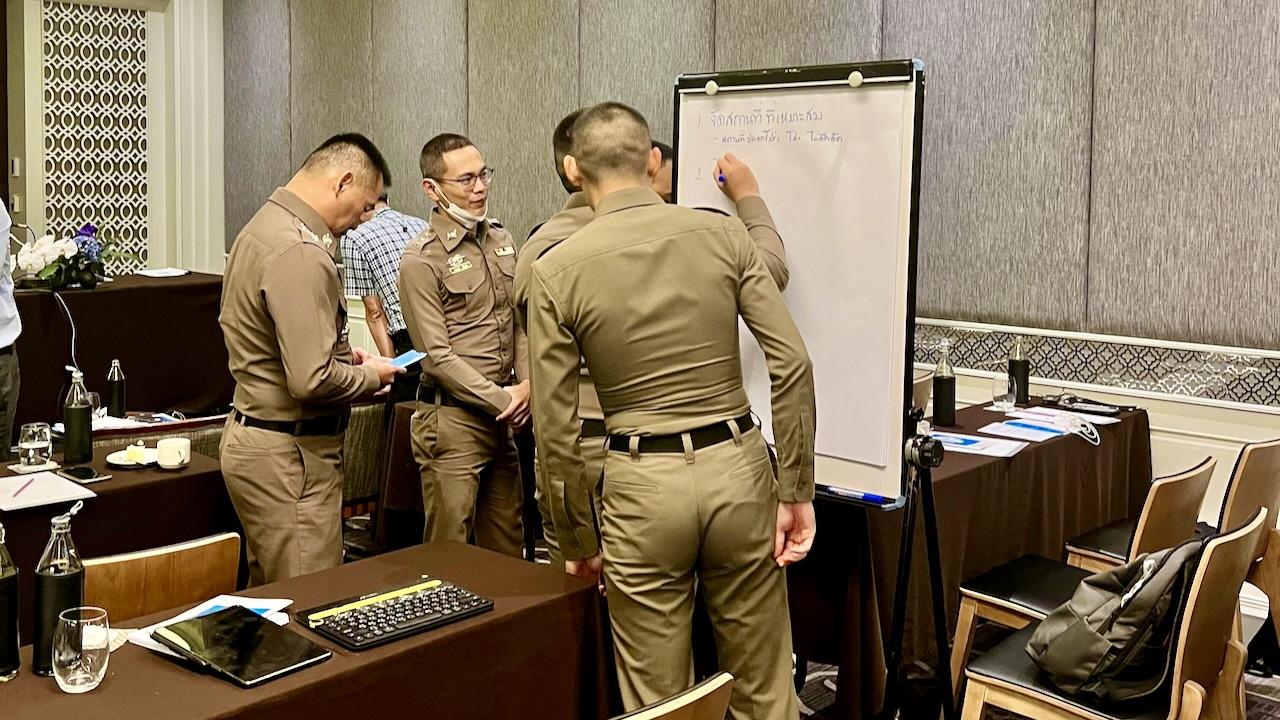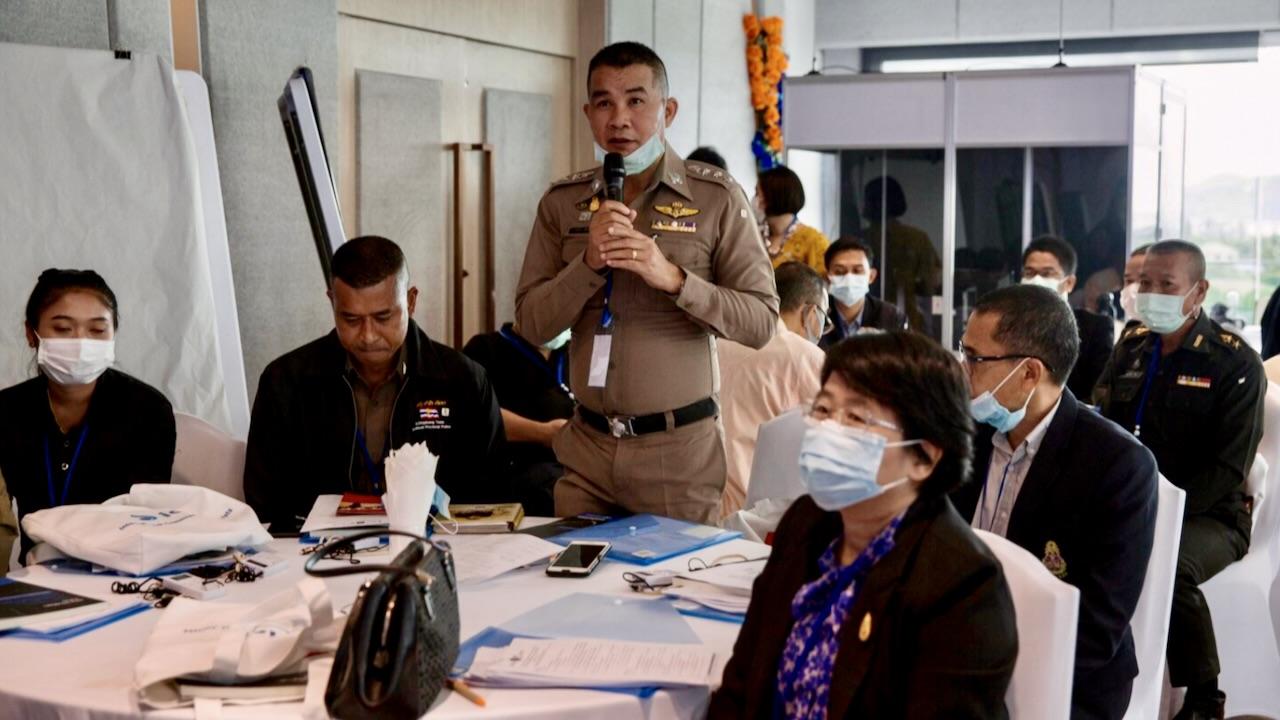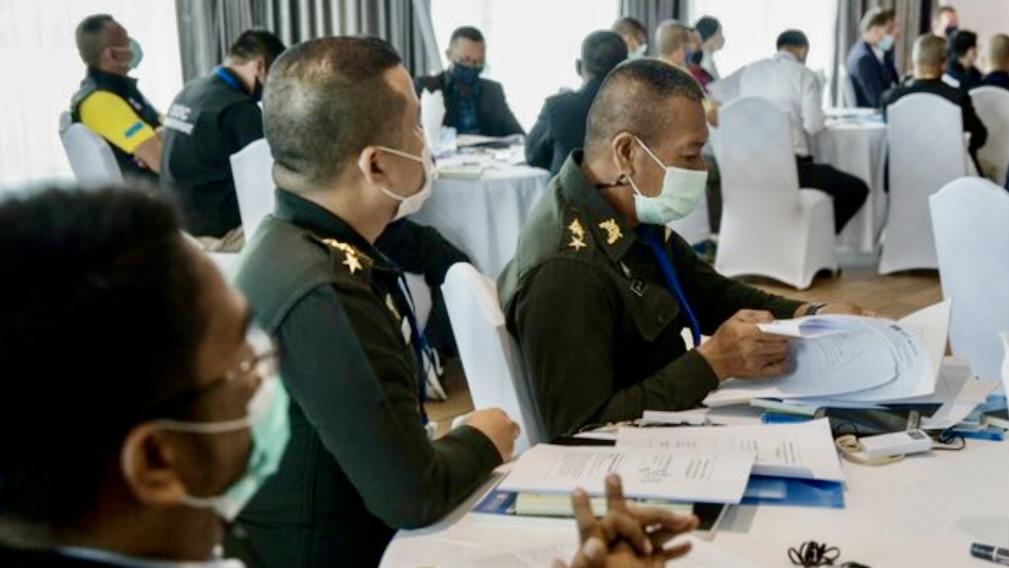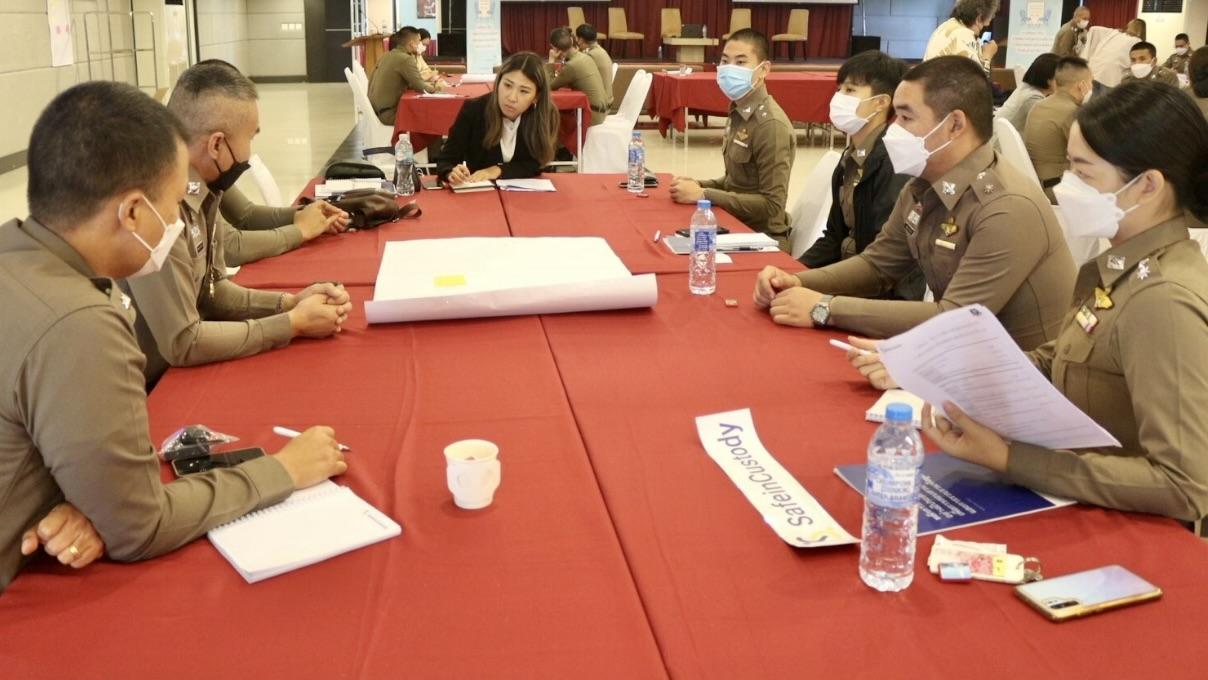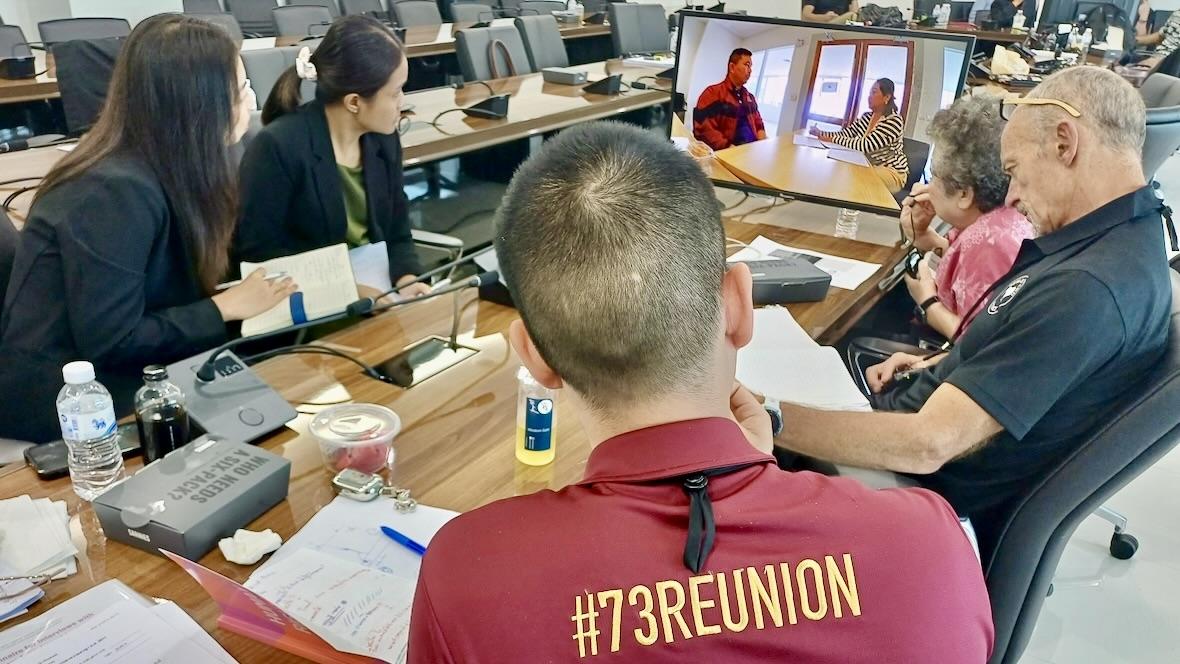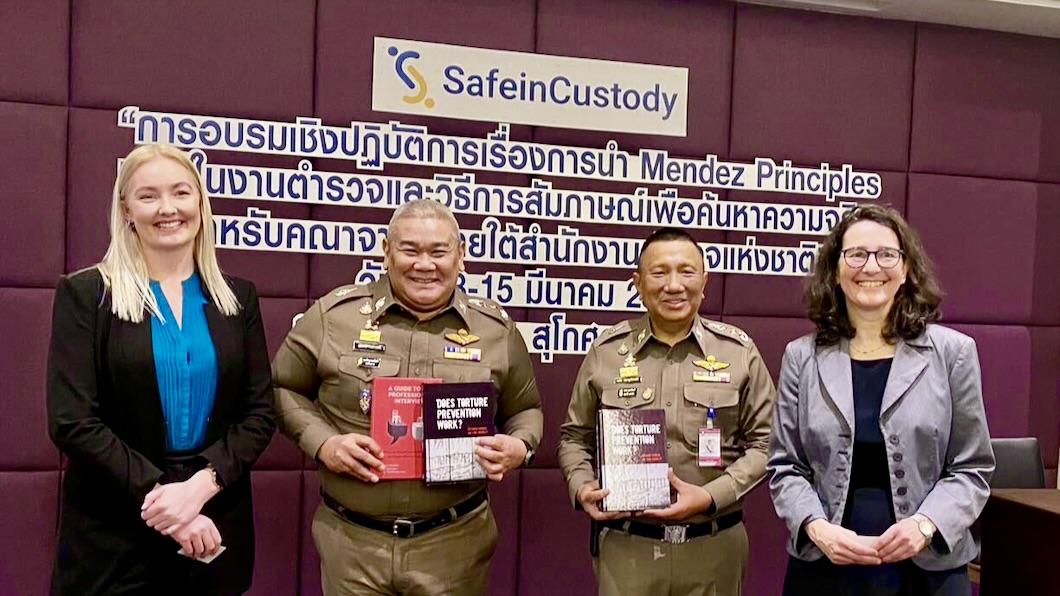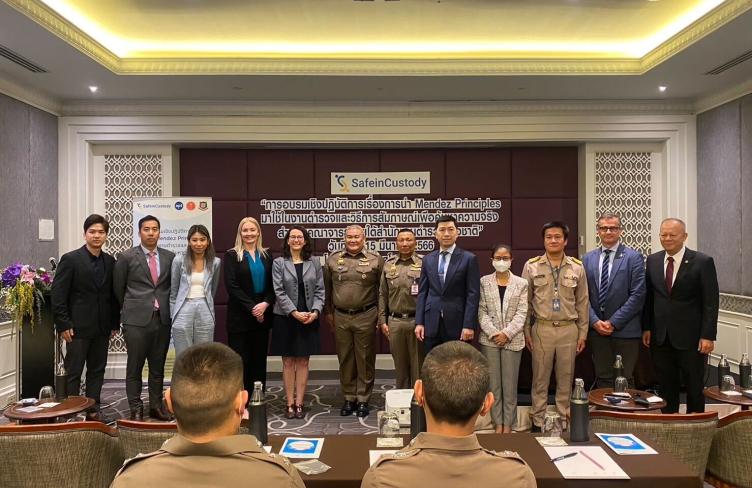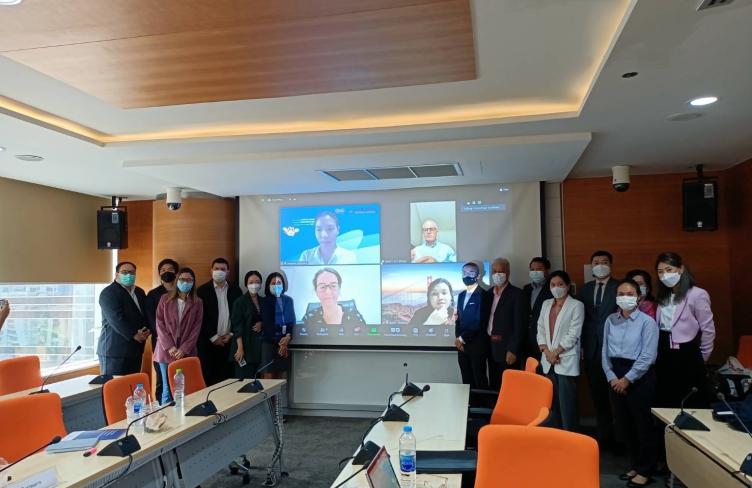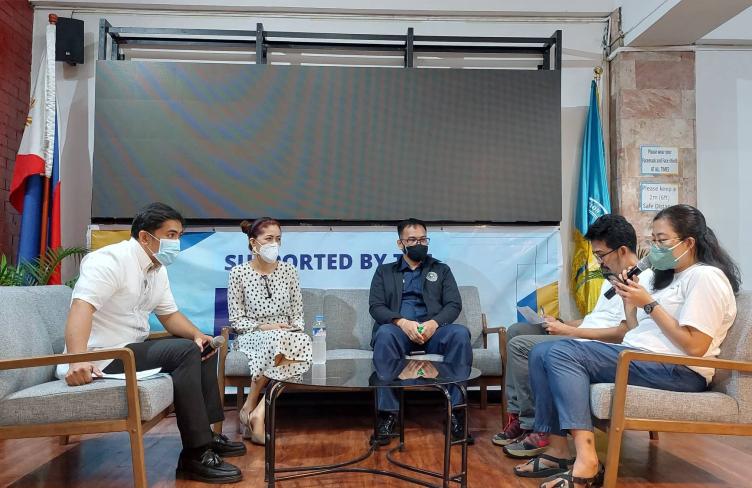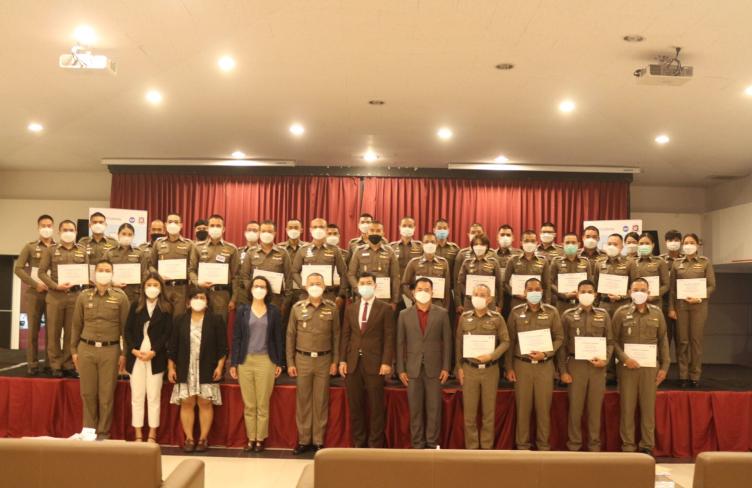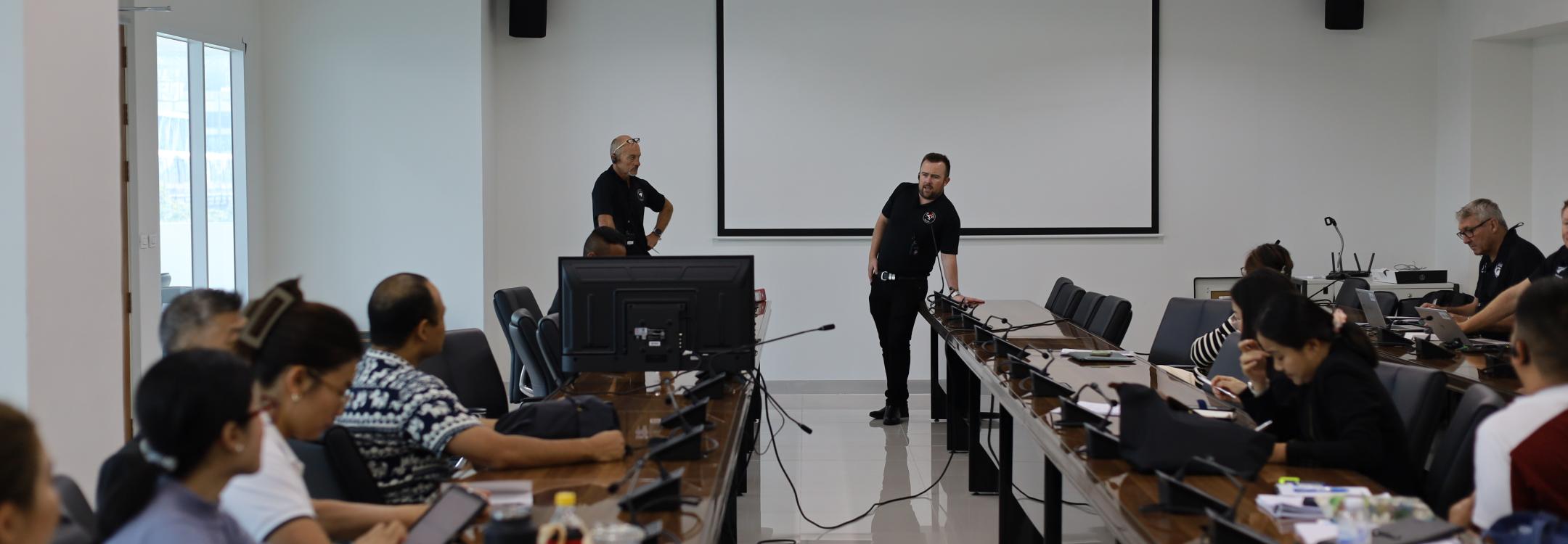
Introducing the Méndez Principles
The Principles on Effective Interviewing for Investigations and Information Gathering - the Méndez Principles - adopted in May 2021 seek to replace interrogation with effective interviewing.
The Méndez Principles offer practical guidance for authorities to implement a new approach to conducting police questioning, while integrating safeguards throughout the process. They were key in advancing national frameworks on police training and practices, especially in Thailand.
Our efforts centred on gaining and building trust with key stakeholders in the criminal justice systems. This approach was instrumental to advance the national framework and to shift mindsets. It is important to recognise that this can be a multi-year process; from your first contact, to gaining the ‘buy-in’ of the stakeholders, to strengthening their knowledge, and to adoption in the national context.
Applying this good practice
1. Map key stakeholders
Start by mapping the relevant stakeholders in the criminal justice system in your national context who can be part of the intended change. As the Méndez Principles are ideally for policy makers, target high-level representatives who have the power to advance a change in the system. These stakeholders may include, for example, representatives of Ministries of Justice, Internal Affairs, and the Attorney General, law enforcement bodies, the judiciary, and bar councils.
2. Introduce the Méndez Principles
Host an introduction seminar on the Méndez Principles with relevant government agencies. This seminar should present what the Principles are, why they are needed and how they achieve better results for law enforcement. Ideally, you should have speakers who can confidently explain substantive issues, such as the science of rapport-based interviewing or how rapport-based interviewing can be operationalised. During the Safe in Custody project, one such example was a dialogue with government agencies and the national human rights institution in the Philippines.
3. Build understanding of the difference between interrogation and interviewing
Follow up with a workshop to raise further understanding among stakeholders on the difference between interrogation and interviewing. This approach helps further strengthen understanding of the need to move away from interrogation-based approaches. This may be a workshop focusing on the importance of terminology, explaining the difference between interrogation and interviewing, and why it matters for law enforcement to be effective. Under the Safe in Custody project, the APT partnered with the Cross Cultural Foundation to host a workshop on terminology for Thai law enforcement officials.
4. Identify opportunities to further promote the Méndez Principles
Use the opportunities from other events on criminal justice in your national context to promote the Méndez Principles, where appropriate. These events may lead you to identify other potential allies that you may not have otherwise met. Through the the Safe in Custody project, the APT and our national partners took opportunities to promote the Méndez Principles at regional events, where we met police representatives who were interested in collaborating further with us to promote the Principles within their networks.
5. Begin a dialogue on how to operationalise the Méndez Principles
Consider hosting further workshops on how to operationalise the Méndez Principles once you have established collaborative relationships with national stakeholders who can effect change. It is important to recognise that the Méndez Principles are not a manual that law enforcement can simply copy and adopt. It is essential to localise them. In Thailand, this approach included hosting an operational workshop and a training-of-trainers workshop. The outcome of this approach has been that the Commissioner of the Royal Police Cadet Academy has requested that a working group be established to incorporate the Méndez Principles into the Academy’s curriculum as the first step in a change process.
Action points
1. Advocate for effective interviewing practices
Action: Promote adoption of Méndez Principles with the relevant stakeholders in your domestic criminal justice system. This may include, for example, representatives of Ministries of Justice, Internal Affairs and Attorney General, law enforcement bodies, judges, the Bar Association and others.
How: Start by educating others about the Méndez Principles. Share information through social media, stakeholder meetings and with local advocacy groups. Conduct bilateral or small group meetings to present the Méndez Principles. Organise a workshop on terminology with different stakeholders to discuss the concepts that underpin the Méndez Principles. A step-by-step approach is necessary to build trust before recommending to authorities to adopt the Méndez Principles in their training and operations.
2. Identify and collaborate with other institutions in your country
Action: Partner with civil society organisations and the national human rights institutions, and reach out to international bodies, to promote the Méndez Principles.
How: Reach out to local civil society organisations and the national human rights institution to discuss potential partnerships and collaborative projects. Offer your time or expertise to help these organisations in their advocacy efforts. When there are opportunities, connect with international bodies to share your initiatives. Arrange joint events, training sessions, or awareness campaigns to amplify your impact.
